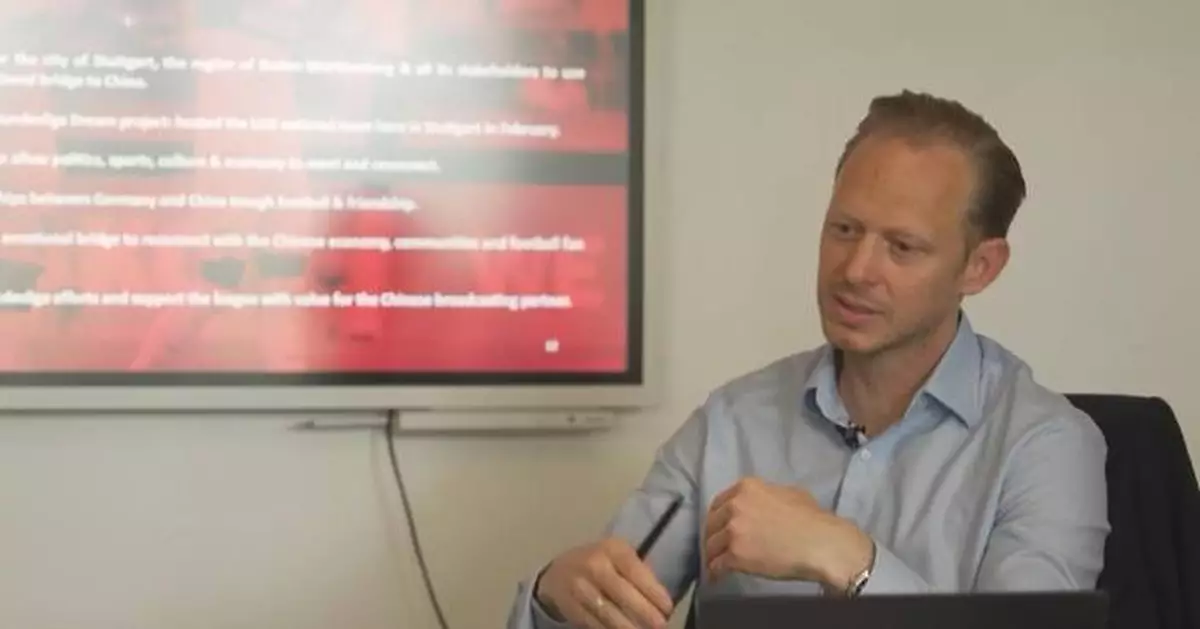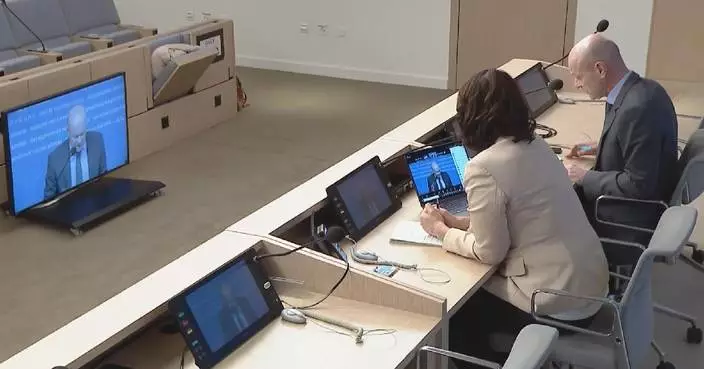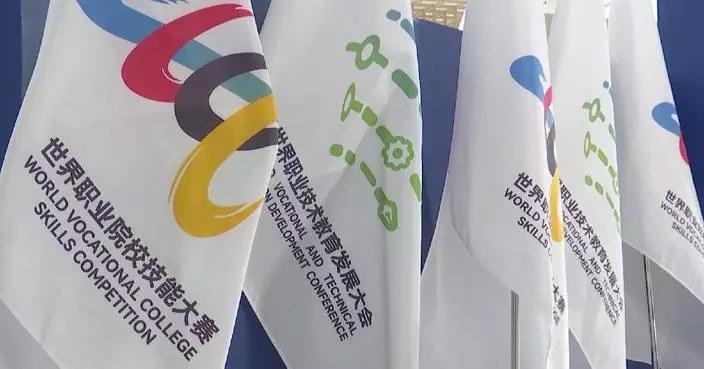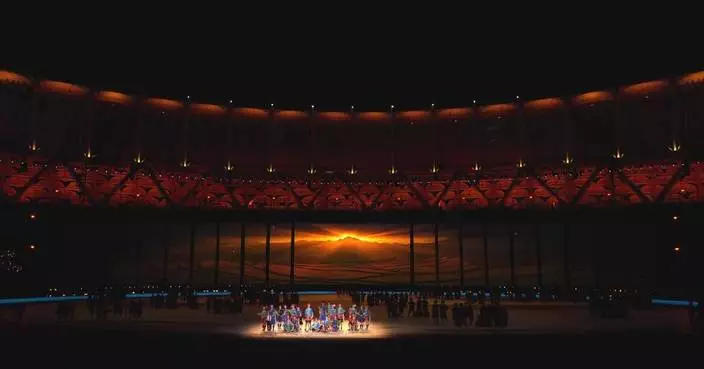Top German football club VfB Stuttgart are looking to build on their on-field success this season by tapping into the vast potential of the Chinese market.
Ties between Germany and China are in the spotlight as German Chancellor Olaf Scholz arrived in China on Sunday to begin a three-day visit at the invitation of Chinese Premier Li Qiang.
Football is big business in Germany and sporting organizations also recognize the considerable economic opportunities afforded by China's sizable market space.
Rouven Kasper, a member of the executive board and chief marketing and sales officer of VfB Stuttgart, made a trip to China last December as part of celebrations for the 60th anniversary of the Bundesliga, Germany's premier football division, which was the first European league to be broadcast on Chinese television.
While recently speaking to China Central Television (CCTV), Kasper said that Stuttgart, who are this year enjoying their best showing since winning the German Bundesliga title back in 2007, are aiming to grow the club through creating closer ties with China.
He highlighted the importance of the Chinese market, noting that the club expects to carry out cooperation across a number of sectors.
"Now it's the right time also to come to China. It's also about, not just football, also about the inter-cultural relations. It makes us stronger from an economic perspective, from a cultural, from a social perspective," said Kasper.
As one of the most popular sports in terms of participation and viewership in both Germany and China, football plays an irreplaceable role in promoting relations between the two countries.
Last month, the Chinese under-16 national football team concluded a tour of Germany which saw them undergo training sessions with professional coaches and compete in matches with several top youth clubs, including VfB Stuttgart.
In addition, multiple German clubs are also set to visit China later this year for friendly matches and other exchanges.
The China-German cooperation in football and other sports has become an important part of cultural exchanges and in deepening economic and trade ties between the two countries, and Kasper said that such collaboration is capable of going far beyond the confines of the football pitch.
"We can strengthen also the economic ties which is very relevant for both, for our partners but also for China. So there you see this eco-chain, it's not just about football and youth football which is very important. And this is something which we proactively want to bring on the table," he said.
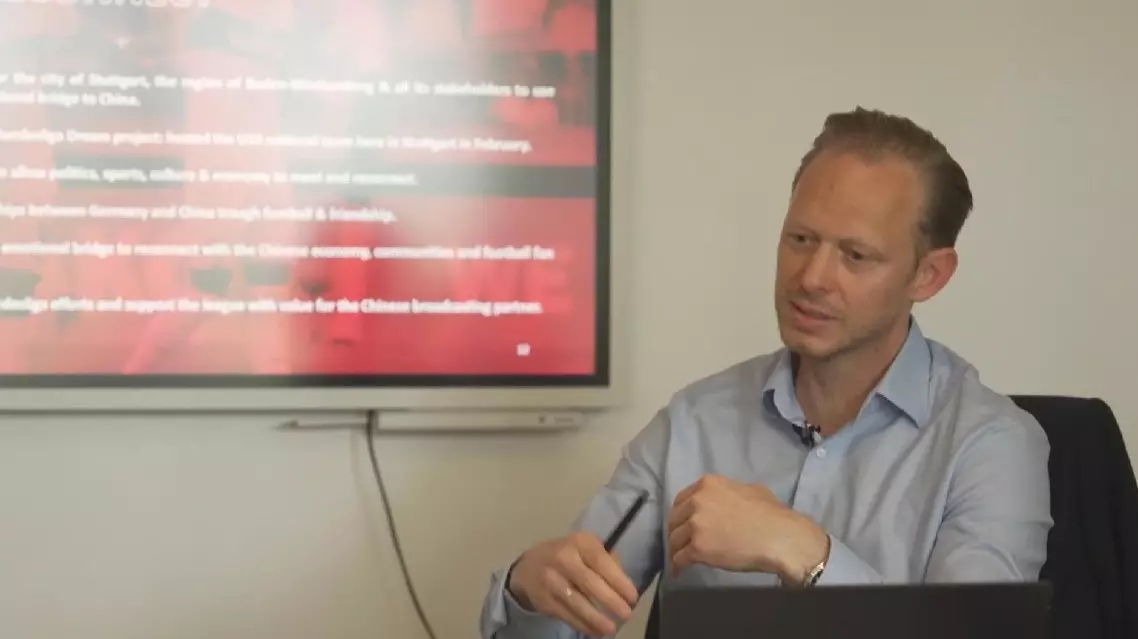
German club VfB Stuttgart looks to score on vast China market


